Introduction
When your credit score drops, traditional loans can feel out of reach. Yet for many borrowers, a secured loan can reopen that door even when lenders have said no before.
By pledging an asset such as a car, savings account, or home equity, you give lenders the reassurance they need to approve your application. The trade-off? Lower rates and higher approval odds, but with real stakes if payments fall behind.
The goal isn’t just getting approved, it’s understanding the balance between opportunity and risk. Knowing how secured loans work for bad credit borrowers helps you borrow confidently, protect what you pledge, and use the loan as a stepping stone toward stronger credit.
In this guide, we’ll break down how secured loans can help when your score is low, the types worth considering, and how to apply strategically without exposing yourself to unnecessary risk.
Key Takeaways
- Collateral changes the equation. Even with bad credit, valuable assets like cars or savings can help you qualify and lower your interest rate.
- Approval odds improve with preparation. Income stability, low debt-to-income ratio (DTI), and strong collateral documentation matter more than a perfect score.
- Lender flexibility varies. Credit unions and local banks often provide better terms for subprime borrowers than online-only or high-risk lenders.
- The risk is real. Missing payments can mean losing your asset and damaging your credit further always borrow conservatively.
- Watch for red flags. Avoid “guaranteed approval,” upfront fees, or lenders that won’t clearly explain collateral terms.
- Smart repayment builds credit. On-time payments on a secured loan can help you strengthen your credit profile and access better options later.
- Alternatives exist. If you’re not ready to pledge collateral, consider safer short-term options like credit-builder loans or employer-based assistance.
Disclaimer: This site contains affiliate links. If you make a purchase, we may earn a commission at no extra cost to you.
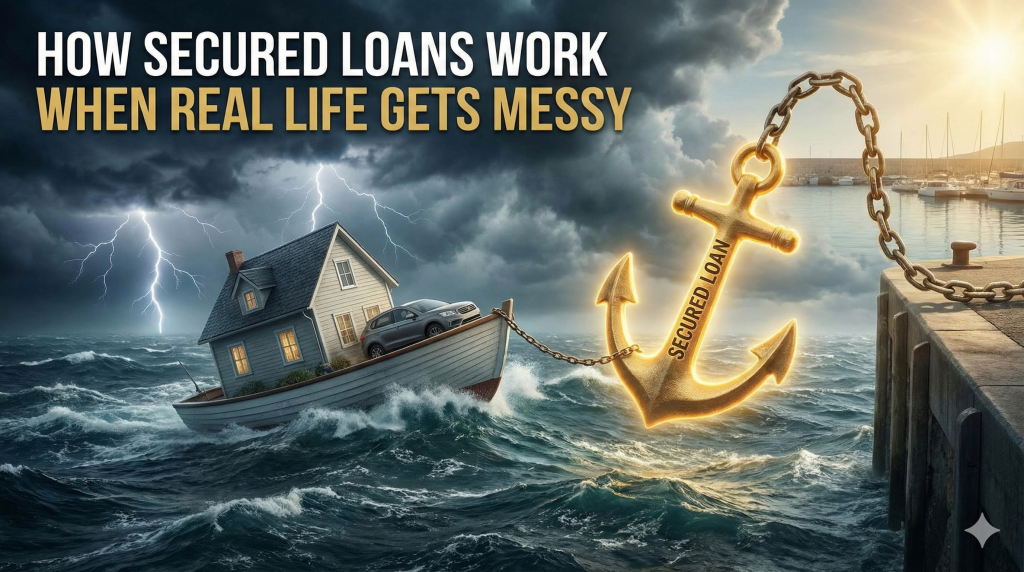
Why Secured Loans Can Work for Bad Credit Borrowers
Lenders make decisions based on risk and secured loans help balance that equation.
When your credit score is low, offering collateral gives the lender something tangible to rely on. That’s what makes these loans one of the few realistic options for borrowers who might otherwise be declined.
Instead of focusing only on your credit score, lenders weigh several other factors:
- Collateral value and stability — Assets that hold steady or appreciate (like savings accounts or vehicles in good condition) can offset weak credit.
- Income consistency — A steady paycheck or reliable income stream can reassure lenders you’ll meet your payments.
- Debt-to-income ratio (DTI) — Even with poor credit, keeping your DTI below 40% signals responsible budgeting.
- Loan-to-value ratio (LTV) — The more your asset is worth relative to the loan, the safer it looks to the lender.
The trade-off is simple: by reducing the lender’s risk, you gain access to better rates and higher borrowing limits but you take on the personal risk of losing the pledged asset if repayment falters.
For borrowers with limited credit options, that balance can still be worthwhile. It’s a chance to access funds at reasonable rates and use timely repayment to start repairing your credit history.
According to the Consumer Financial Protection Bureau (CFPB), secured loans remain one of the most common and successful pathways to credit rebuilding for subprime borrowers when payments are made on time.

Legitimate Types of Secured Loans for Bad Credit
When you’re rebuilding credit, not every secured loan is created equal. The right type depends on what you can safely pledge and how quickly you need funds.
Some options prioritize low rates, while others focus on fast approval, the key is knowing which fits your financial situation without putting too much at risk.
Here are the most common secured loan types that work for bad credit borrowers and what to expect from each.
1. Savings- or CD-Secured Loans
If you have money in a savings account or certificate of deposit (CD), your bank may let you borrow against it. The funds are “frozen” as collateral until the loan is paid off, but you’ll still earn interest on the account.
Why it helps: It’s one of the lowest-risk options available, and approval is almost guaranteed if your savings balance covers the loan amount.
Ideal for: Borrowers rebuilding credit who want the lowest possible rate and minimal risk of loss.
2. Vehicle-Backed Loans
Using a car, motorcycle, or truck as collateral can unlock quick access to cash but it comes with higher risk. The lender places a lien on your vehicle title until you’ve repaid the balance.
Why it helps: The approval process is fast, and loan amounts can be substantial if your vehicle is fully owned.
Caution: Missed payments can lead to repossession, so this is best for short-term borrowing you can comfortably repay.
3. Home Equity Loans and HELOCs
Homeowners with equity can borrow against the value of their property, either as a lump sum (home equity loan) or a flexible line of credit (HELOC). While these often have the lowest rates, they also carry the highest stakes.
Why it helps: You can access larger sums with fixed, predictable terms.
Caution: Falling behind on payments could lead to foreclosure not ideal for covering small or temporary needs.
4. Secured Personal Loans from Credit Unions or Banks
Credit unions and some community banks offer secured personal loans using assets such as savings, CDs, or investments. They’re often more flexible with bad-credit borrowers than online-only lenders.
Why it helps: Offers fair rates, flexible terms, and a chance to rebuild trust with your local financial institution.
Tip: Credit unions usually report payments to all three credit bureaus, a big advantage for rebuilding credit.
5. Secured Credit Cards or Credit-Builder Loans
While technically smaller credit products, these can serve as a first step for borrowers who can’t yet qualify for a larger secured personal loan.
Why it helps: They help establish positive payment history without risking large assets.
Ideal for: Borrowers with limited or damaged credit who want to start small and improve before applying for larger loans.
Common Secured Loan Options for Bad Credit Borrowers (2026)
A comparison of key features, rate ranges, and risks among the most common secured loan types for borrowers with bad credit.
| Loan Type | Typical APR | Loan Limit | Main Advantage | Primary Risk |
|---|---|---|---|---|
| Savings/CD Loan | 5%–10% | Up to 100% of savings balance | Easy approval, low cost | Funds inaccessible until paid |
| Vehicle Loan | 8%–20% | Based on vehicle value | Quick approval | Repossession if payments missed |
| Home Equity Loan/HELOC | 6%–12% | $10,000–$100,000+ | Lowest rates, large limits | Foreclosure risk |
| Credit Union Loan | 7%–15% | $1,000–$50,000 | Flexible, community-based | Membership required |
| Secured Credit Card / Builder Loan | 15%–25% | $300–$3,000 | Builds credit safely | Limited access to cash |
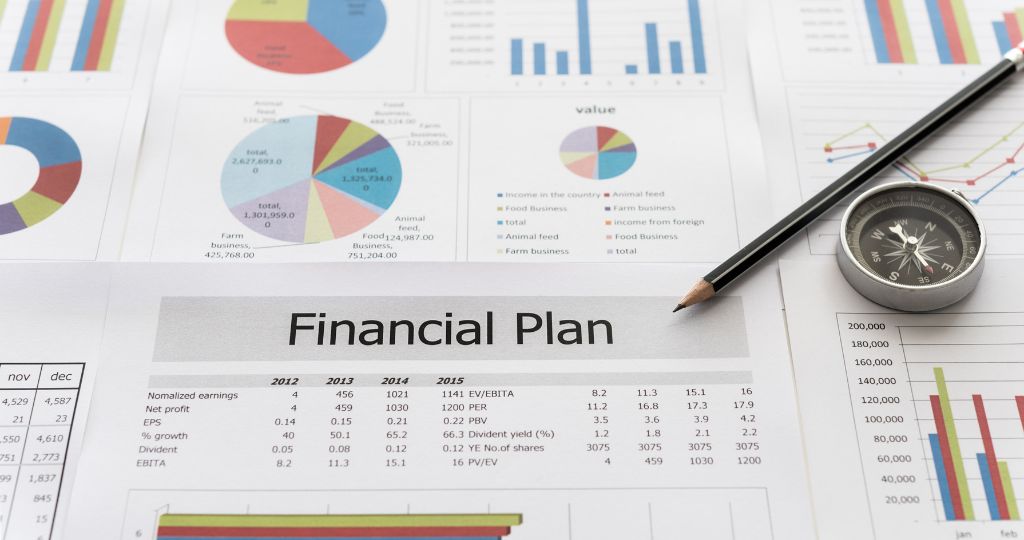
How to Strengthen Your Secured Loan Application
Even when you’re pledging collateral, lenders still need proof that you can manage debt responsibly.
That means your approval isn’t just about what you own, it’s about how well you present your overall financial picture.
If your first loan application was denied or came back with a high rate, these steps can help you move closer to a confident “yes.”
1. Tighten Your Debt-to-Income (DTI) Ratio
Your DTI ratio shows lenders how much of your income is already tied up in debt.
Even a small reduction can change your approval outcome or rate offer.
Example: If you earn $4,000 per month and spend $1,800 on debt payments, your DTI is 45%. Paying off a $500 credit card could drop it to 33% enough to move you into a safer lending bracket.
Goal: Keep DTI under 40% whenever possible.
2. Strengthen the Collateral You Offer
Lenders love stability. The more predictable and verifiable your collateral is, the better your approval odds.
- Savings or CDs are the strongest options (liquid and stable).
- Vehicles or valuables work, but require appraisals or title checks.
- Combining smaller assets can improve your loan-to-value ratio (LTV).
Pro Tip: A $10,000 CD is far more persuasive collateral than a $10,000 used car because its value doesn’t fluctuate.
3. Show Income Consistency
Stable income is one of the most powerful signals of repayment ability especially for bad-credit borrowers.
Provide clear proof such as:
- Recent pay stubs or tax returns (for W-2 earners)
- Bank statements showing consistent deposits (for self-employed)
- Benefit letters (for retirees or fixed-income borrowers)
The clearer your income story, the less your credit score matters.
4. Prequalify With Multiple Lenders (Soft Check Only)
Before submitting full applications, use prequalification tools. These allow you to compare offers without hurting your credit score.
They also reveal which lenders are more receptive to your profile saving time and unnecessary hard inquiries.
Tip: Aim to prequalify with at least one bank, one credit union, and one reputable online lender.
5. Add a Co-Signer (If It’s a Safe Fit)
A trusted co-signer with strong credit can unlock much better terms, sometimes cutting your APR by 4–6 percentage points.
Just make sure they fully understand their shared responsibility if repayment problems arise.
According to the Federal Reserve’s 2025 Consumer Credit Report, borrowers who lowered their DTI by just 10% or added a co-signer improved secured loan approval odds by nearly 35%, even with credit scores below 600.

Red flags and lender traps to avoid
Even legitimate lenders can disguise risky terms behind friendly marketing. Borrowers with bad credit are often targeted with offers that sound helpful but cost far more than they claim. Spotting the warning signs early protects both your money and your collateral.
1. “Guaranteed approval” or “no credit check” offers
Every real lender checks your income and credit history, even for subprime loans. Phrases like “anyone approved” or “instant funding” usually signal inflated interest rates or hidden fees.
Rule of thumb: if a lender isn’t assessing your ability to repay, they’re not lending responsibly.
2. Upfront or “processing” fees
You should never have to send money before you receive your loan. Real lenders deduct origination fees from the loan amount after approval not before. Avoid anyone asking for payment through wire transfer, gift card, or cryptocurrency. That’s not standard practice, it’s a red flag.
3. Requests for early collateral transfers
Legitimate secured lenders don’t take control of your asset before you sign a loan agreement and receive funds. Be cautious if you’re asked to hand over a car title, bank access, or any digital authorization upfront.
4. Missing or unclear loan agreements
A clear contract should outline your loan amount, APR, repayment schedule, and what happens if you default. If the lender avoids sharing full documentation or pressures you to sign quickly, step back. Transparency shouldn’t come with urgency.
5. Unlicensed or unverifiable lenders
All lenders must be registered and licensed in the state where they operate. Missing license details or inconsistent contact information are warning signs. You can verify licensing through the Nationwide Multistate Licensing System (NMLS) or your state regulator.
📋 Quick tip: Verify before you apply
You can confirm lender legitimacy in minutes:
- Search the NMLS Consumer Access database for registration details.
- Check your state’s Department of Financial Institutions for licensing.
- Review complaints at consumerfinance.gov.
According to the Consumer Financial Protection Bureau (as of 2025), lenders must assess a borrower’s ability to repay before issuing a secured or unsecured loan, a basic safeguard that separates legitimate credit from predatory lending.
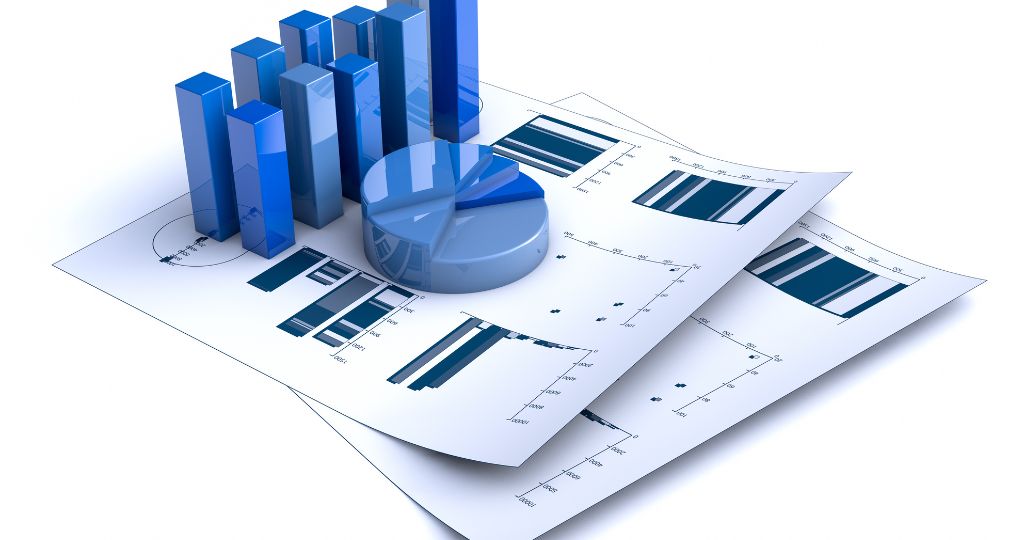
Smart Alternatives if You’re Not Ready to Pledge Collateral
If you’re not comfortable using an asset to secure a loan or you simply don’t have one there are still safe and realistic ways to borrow or rebuild credit.
These options focus on short-term flexibility and long-term recovery, without putting property or savings on the line.
1. Credit-builder loans
A credit-builder loan helps you prove repayment reliability over time. The lender locks the borrowed amount in a savings account while you make monthly payments. Once the balance is paid, you get access to the funds and a stronger payment record on your credit report.Best for: Borrowers rebuilding or establishing credit. Key advantage: Builds positive history with minimal risk. Consideration: You won’t receive funds upfront, so it’s best for non-urgent goals.
2. Credit union Payday Alternative Loans (PALs)
PALs are short-term, low-cost loans offered by federally chartered credit unions to help members avoid payday lenders. They’re regulated by the NCUA and capped at 28% APR, far below typical subprime rates.
Best for: Members with fair or bad credit needing small emergency funding.
Key advantage: Lower rates, fast approval, reported to credit bureaus.
Consideration: Requires credit union membership and proof of income.
3. Co-signed personal loans
If you have a trusted friend or family member with strong credit, applying together can improve your approval odds and interest rate. The co-signer shares legal responsibility for repayment, reassuring the lender and lowering perceived risk.
Best for: Borrowers with stable income but low scores.
Key advantage: Easier approval and potentially better terms.
Consideration: Missed payments affect both parties’ credit equally.
4. Employer or nonprofit emergency aid
Some employers, community organizations, and nonprofits provide low-interest or no-interest assistance programs. These can cover urgent needs, medical bills, rent, or utilities without formal credit checks.
Best for: Short-term hardship situations.
Key advantage: Minimal or no interest.
Consideration: Funding amounts may be limited and documentation required.

Safer alternatives to secured loans
| Option | Typical APR Range | Speed | Key Advantage | Main Drawback |
|---|---|---|---|---|
| Credit-builder loan | 0%–10% | 1–3 days | Builds credit over time | Funds released after repayment |
| Credit union PAL | 12%–28% | 1–3 days | Low-cost, small-dollar loan | Membership required |
| Co-signed loan | 10%–25% | 2–5 days | Better approval odds | Shared liability |
| Employer/nonprofit aid | 0%–10% | 1–7 days | Often interest-free | Limited access or amount |
Bottom line: Using collateral doesn’t have to be risky, it just requires discipline. When you repay strategically, protect your asset, and monitor your credit, a secured loan can do more than fund your goals; it can help rebuild your financial foundation.
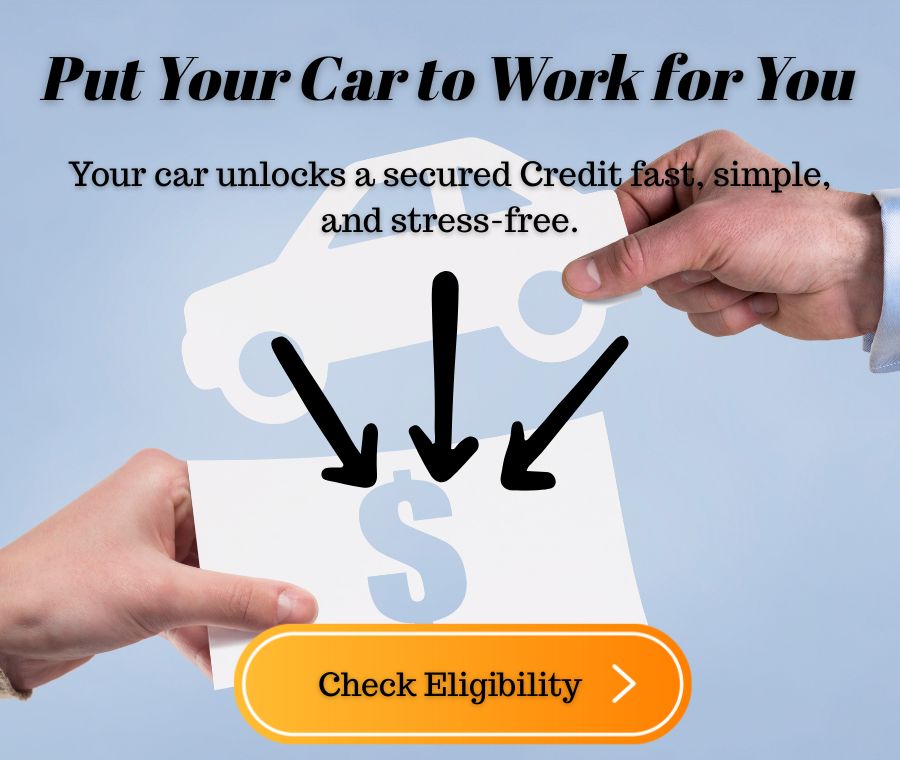
Responsible Repayment: Protecting Your Asset and Rebuilding Credit
Getting approved for a secured loan is an achievement but what truly strengthens your finances is how you manage it afterward. Every payment, record, and decision during repayment shapes both your credit health and your control over the asset you’ve pledged.
Here’s how to manage your secured loan strategically, protect your collateral, and turn repayment into a stepping stone toward better credit.
1. Automate your payments early
Set up automatic payments as soon as your account is active. Consistency is the most effective form of protection; it prevents missed due dates, late fees, and unnecessary stress.
If your income varies, align your payment date with predictable cash flow, such as just after payday.
Pro Insight: According to Experian’s 2025 Credit Behavior Study, borrowers using autopay missed 60% fewer payments and saw credit scores improve up to 40 points within six months.
2. Track your loan balance and lien status
Your lender will place a lien on your collateral (such as a car title or savings account) until the loan is fully repaid. Keep a close eye on your remaining balance and request written confirmation of lien release once you’ve made the final payment.
A clear release ensures your asset title is fully restored to you, an important detail often overlooked until refinancing or resale.
3. Refinance or renegotiate if rates improve
Market shifts or personal progress (like higher credit scores) can qualify you for a lower rate. Some lenders allow refinancing after 12 months of on-time payments.
Refinancing can reduce your monthly payment or total interest, especially if your initial loan was approved under subprime terms.
Always compare the total cost of refinancing before proceeding; it only makes sense if the savings exceed any new fees.
4. Use repayment to rebuild credit strategically
Every on-time payment is a positive data point reported to credit bureaus. Over time, this consistency helps offset older negative marks.
Once your loan is complete, avoid closing all credit lines keeping a mix of open, low-balance accounts strengthens your profile.
Consider checking your credit report 30–60 days after payoff to ensure your lender reported the closure correctly.
5. Treat your secured loan as a short-term partnership
Think of this loan as a temporary bridge, one that helps you access funding while building long-term financial trust.
By managing it carefully, you protect both your collateral and your credit reputation, setting yourself up for easier, lower-cost borrowing next time.
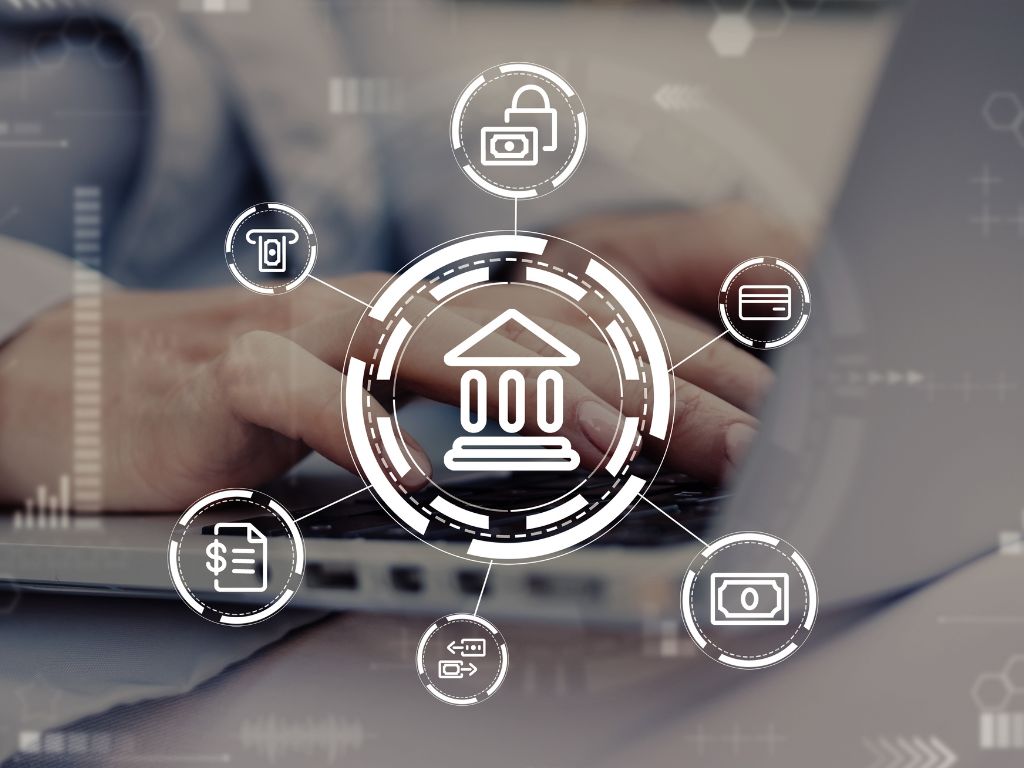
Conclusion
Secured loans for bad credit aren’t a last resort, they’re a strategy. Used wisely, they allow you to borrow at lower rates, prove your reliability, and rebuild the trust that lenders measure in credit scores.But strategy only works with discipline. Every payment, document, and decision during repayment carries weight. When handled carefully, a secured loan can shift your financial story from “limited options” to “growing opportunities.”Before signing, always ask yourself three questions:
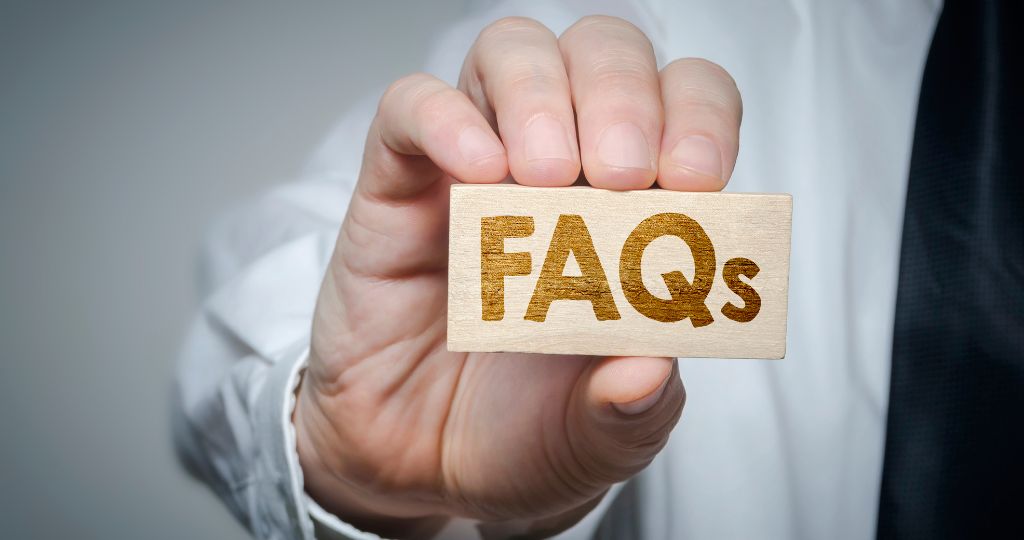
Frequently Asked Questions (FAQs)
Can I get approved for a secured loan if my credit score is under 600?
Yes, many lenders approve borrowers with scores below 600 if the collateral fully covers the loan amount. Savings accounts, vehicles, or CDs are the most commonly accepted assets. Lenders weigh repayment ability and collateral value more heavily than credit history.
What type of collateral is easiest to use?
Cash-based assets such as savings accounts or certificates of deposit (CDs) are the simplest and safest forms of collateral. They’re easy to verify, hold, and release once the loan is paid off. Vehicle titles and investments can also qualify but may require extra documentation or appraisals.
How much can I borrow with a secured loan?
It depends on your asset’s value and the lender’s loan-to-value (LTV) limits.
- Savings or CD: Up to 90–100% of balance
- Vehicle: Typically 50–80% of appraised value
- Investments: Around 50–70% of portfolio value
The stronger the collateral, the higher the potential loan amount.
Will a secured loan help me rebuild credit?
Yes if you make all payments on time. Most lenders report to credit bureaus monthly, so consistent repayment can raise your score over several months. However, missed or late payments have the opposite effect, and defaults may result in losing your collateral.
What happens if I can’t repay the loan?
If you default, the lender has the legal right to claim the pledged asset and sell it to recover the balance. You could still owe the remaining amount if the sale doesn’t cover the full loan. Always contact your lender before missing a payment; many offer hardship extensions or restructuring options.
Are secured loans safer than payday or no-credit-check loans?
Absolutely. Secured loans are regulated credit products, typically offered by banks, credit unions, or licensed online lenders. Payday or “no-credit-check” loans often carry triple-digit APRs and short repayment periods that trap borrowers in cycles of debt. Always verify lender registration through the Consumer Financial Protection Bureau (CFPB) or your state banking department before signing.
How soon can I refinance after getting a secured loan?
Some lenders allow refinancing after six to twelve months of on-time payments, especially if your credit score has improved. Refinancing may lower your interest rate or release your collateral sooner just be sure to compare total costs before switching.
Can I use more than one asset as collateral?
Yes, some lenders allow “cross-collateralization,” using multiple assets (like a car and savings account) to strengthen your application. This can increase approval odds or improve your rate, but it also means more assets are at risk if repayment becomes difficult.
3 Comments
Best Secured Loans for Bad Credit Guide in 2025 - Look Up Loans · March 8, 2025 at 8:23 pm
[…] you’re looking for a full breakdown of how secured loans work and their benefits, visit our Complete Guide to Secured Loans before exploring lender […]
Secured vs. Unsecured Loans: A Comparison for Smart Borrowing - Look Up Loans · March 9, 2025 at 2:37 pm
[…] For a detailed breakdown of secured loans, check out our Complete Guide to Secured Loans. […]
Secured Personal Loans for Bad Credit: The Complete Guide - Look Up Loans · March 10, 2025 at 2:31 am
[…] sure where to start? Check out this complete guide to secured loans for bad credit for more […]